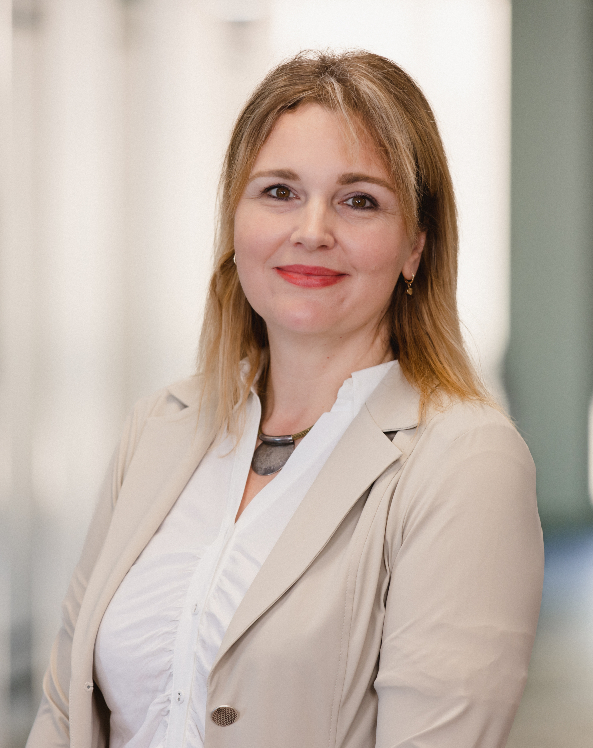
Berill Blair, Associate Professor of Sustainability and Researcher at the SKEMA Centre for Sustainability Studies, tells us about her work with Arctic maritime sectors. Her research lies in responsible innovation and sustainable development in cross-sector partnerships.
Could you tell us more about your field of research, particularly your research on sustainable development in the Arctic?
I work within the themes of climate change impacts, adaptation, and resilience. Much of my field research has taken place in Arctic environments, for example working closely with Alaska Indigenous communities with a major focus on sustainable community development.[1 2 3] I am also active in research on climate services and safety in Arctic maritime transport. Climate services deliver essential information tailored to the specific needs of users as decision support. My research investigates the responsible development and dissemination of these services, matching their supply with the demand, and the dynamics of the partnerships themselves between meteorological institutes and stakeholders like governments, businesses, and academia.[1 2 3 4]
What results surprised you the most?
It’s fascinating to observe how meteorologists and oceanographers, traditionally focused on purely scientific models, are emerging as agents of change management. These scientists are increasingly called upon to deeply engage with diverse stakeholders—from policymakers to marine operators—to help navigate the complexities of climate change adaptation. This is a shift from working autonomously on physical models to co-producing tailored predictions. It demands the balancing of scientific expertise with an understanding of often contradictory needs, expectations and adaptation strategies of various sectors.
Equally fascinating is how trust forms among sea ice navigators, toward using new forecasts. Rather than technical details like prediction reliability, trust is more significantly influenced by the reputation of the forecast producers and peer recommendation. These social factors often play a more critical role in whether users will adopt new services than the intricacies of the forecasts themselves.
What is the research you are currently carrying out?
I am investigating how seasoned and less experienced mariners blend their evolving experience with up-to-date information to make decisions. As historical sea ice patterns shift and new routes open in the Arctic Ocean, even very experienced mariners’ familiarity with expected environmental conditions undergoes a decay process. This transformation is further complicated by increased maritime traffic and a shift in the profile of operators—specifically, an influx of mariners with less Arctic experience. Our project is currently testing various future scenarios to illustrate these dynamics and their impacts on the development and dissemination of improved information services.
This partnership is led by the Norwegian Meteorological Institute in collaboration with the Nansen Environmental and Remote Sensing Center, e-navigation pioneer NAVTOR, the Institute for Baltic Sea Research (Germany), Wageningen University and Research (Netherlands), and the Norwegian coastal shipping company Hurtigruten.
How does this study impact society at large?
The project has practical implications for improved maritime safety and reliable supply chains to remote Arctic communities. But capturing different user framings on the design and provision of salient climate information impacts responsible innovation elsewhere. Diverse industries worldwide depend on relevant climate information for core sustainable development strategies. For example, stakeholders in the renewable energy sector benefit from climate services fine-tuned across various spatial and temporal scales to strategically invest and optimise operations. Today climate services are still underutilised in many high-stakes decision environments.

